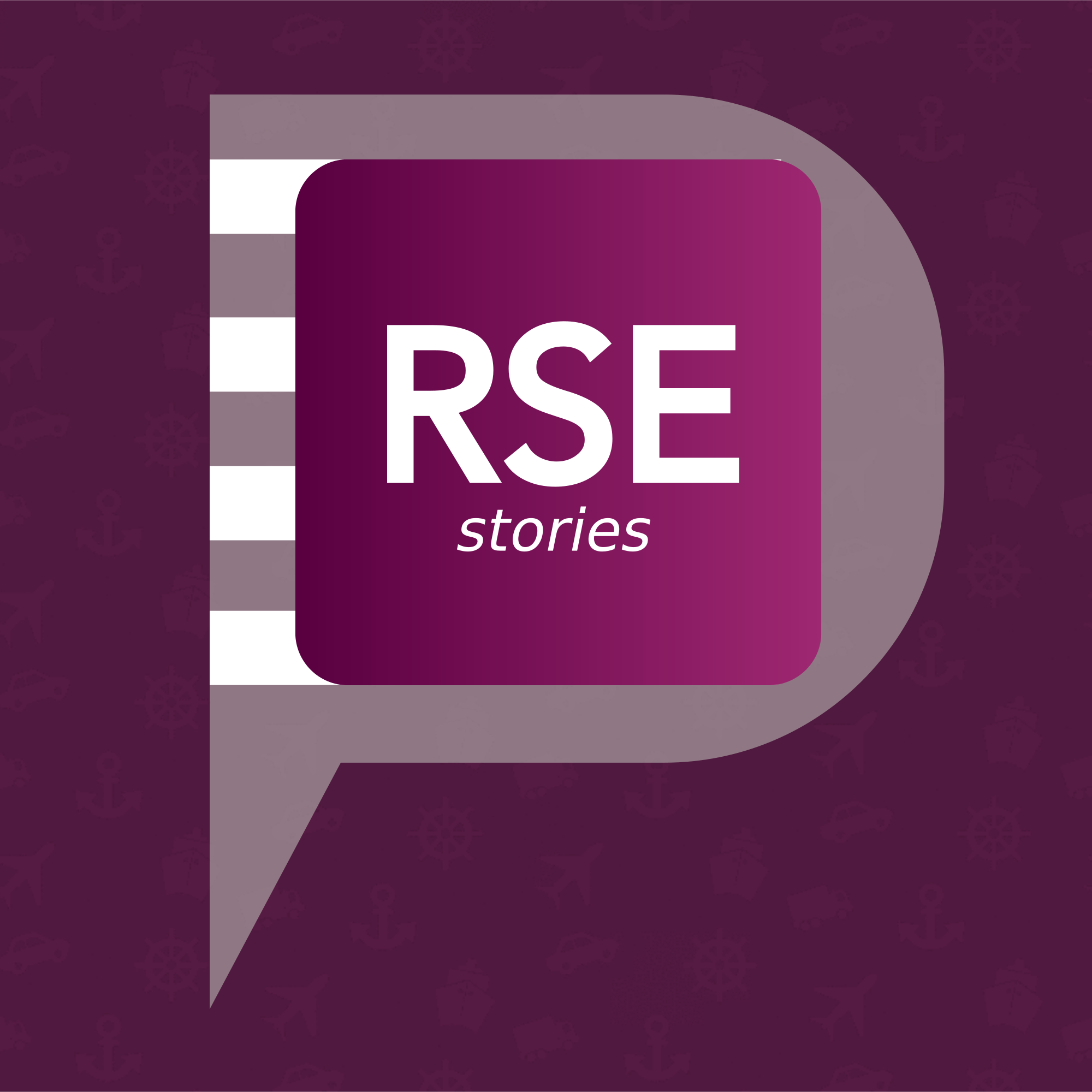Shows

Code for Thought[DE] Hermes - oder wie veröffentliche ich meine Software. Mit S Druskat und M MeinelDeutsche Ausgabe: Das Hermes Projekt versucht das Publizieren von Software zu vereinfachen und auch zu automatisieren. Stephan Druskat und Michael Meinel, beide vom DLR und dem deRSE e.V. erklären uns was es damit auf sich hat.Links:https://hermes.software-metadata.pub/en/latest/ Hermes homepagehttps://docs.software-metadata.pub/en/latest/ Hermes workflowhttps://arxiv.org/abs/2201.09015 das Paper zu Hermeshttps://invenio-software.org/products/rdm/ https://dataverse.org dataverse von Harvardhttps://zenodo.org Zenodohttps://docs.github.com/en/repositories/archiving-a-github-repository/referencing-and-citing-content Zenodo und GitHubhttps://citation-file-format.github.io Citation File FormatGet in touch...
2025-03-2538 min
Code for Thought[DE] Software und Zitate - Citation File Format - Stephan DruskatIn dieser Folge geht es um die Frage, wie man Software in wissenschaftlichen Artikeln zitieren kann. Die Antwort: das Citation File Format (CFF) - an dem mein Gast Stephan Druskat maßgeblich mitgewirkt hat. Stephan und ich hatten uns auf der letzten UK RSE Konferenz in Swansea in einer der Pausen zu einem Schwätzchen getroffen.Inzwischen wird das CFF von etlichen Organisationen wie z.B. GitHub, Zenodo und Zotero unterstützt und das eScience Center in den Niederlanden unterstützt das Projekt tatkräftig.Hier ein paar Linkshttps://citation-file-format.github.io Homepage vom Ci...
2024-04-3033 min
Code for Thought[EN] ByteSized RSE: the Citation File Format - Jason MaassenThis ByteSized RSE episode talks about the Citation File Format (CFF) https://citation-file-format.github.io/ , created in 2017 to promote the inclusion of software in scientific papers. My guest is Jason Maassen from the eScience Center in the Netherlands. For answers to the quiz questions, email: mailto:code4thought@proton.meBackground:Early scientific Journals: https://en.wikipedia.org/wiki/Journal_des_sçavans and https://en.wikipedia.org/wiki/Philosophical_Transactions_of_the_Royal_Society The "Garfield" Index (impact factors) original paper: https://garfield.library.upenn.edu/papers/science1955.pdf overview of impact factors: https...
2024-03-2121 min
The Digital Infrastructure Fund PodcastEpisode 8: Rayya El Zein on the Digital Infrastructure IncubatorGuest
Rayya El Zein | Saranjeet Kaur Bhogal | Heather Turner | Batool Almarzouq | Nic Weber
Jackson Maxfield Brown | Stephan Druskat | Gemma Turon | Miquel Duran Frigola
Panelist
Richard Littauer
Show Notes
Hello and welcome to the Digital Infrastructure Fund Podcast! This is the podcast where we focus on recipients of the Digital Infrastructure Grant Fund which has funded by multiple funders. We don’t just interview current cohorts, but also past cohorts who have gotten funding from this grant pool. Today, I’m very excited with all my guests. We have one...
2022-04-1830 min.png)
RaDiHum20RaDiHum20 spricht mit der AG Research Software EngineeringWir haben uns mit Alexander Czmiel und Stephan Druskat von der AG Research Software Engineering des Verbandes für Digital Humanities im deutschsprachigen Raum (DHd) unterhalten, um euch in einer neuen RaDiHum20-Folge Einblicke in ihre Arbeit zu geben. Natürlich ging es um die AG, ihre Gründung, Tätigkeiten und Pläne. Wir haben aber auch ganz allgemein über Research Software Engineering gesprochen und darüber, dass Software in der Forschung allgegenwärtig ist.
Die Shownotes zur Folge findest du hier: https://radihum20.de/research-software-engineering
2020-11-2045 min
RSE StoriesLanguage shapes realityToday we go to Berlin in Germany to meet with Stephan Druskat (@sdruskat). Stephan is a research software engineer at
the Humboldt-Universität zu Berlin.
He has been involved with a lot of exciting research on
linguistics, such as the study of Oceanic languages (https://www.projekte.hu-berlin.de/en/melatamp).
Another focus of his work has been “software citation” and ensuring that software becomes a valid and recognised output of research [ref].
And if that isn’t enough, Stephan plays an important part in building the RSE community in Germany.
2020-07-0939 min
Developer StoriesLanguage shapes realityToday we go to Berlin in Germany to meet with Stephan Druskat (@sdruskat). Stephan is a research software engineer at
the Humboldt-Universität zu Berlin.
He has been involved with a lot of exciting research on
linguistics, such as the study of Oceanic languages (https://www.projekte.hu-berlin.de/en/melatamp).
Another focus of his work has been “software citation” and ensuring that software becomes a valid and recognised output of research [ref].
And if that isn’t enough, Stephan plays an important part in building the RSE community in Germany.
2020-07-0939 minOpen Science RadioOSR140 de-RSE Association and Conference for Research Software Engineers in Germany [EN]In a joint effort of a group of research software enthusiasts, the association de-RSE e.V. – Gesellschaft für Forschungssoftware was founded in late November 2018. It seeks to provide a new home to the German community of Research Software Engineers and a first major effort is the organization of the deRSE19 – Conference for Research Software Engineers in Germany. We had the pleasure to talk to Carina Haupt and Stephan Druskat about the research software engineer’s profile, the de-RSE association as well as the deRSE19 conference.
Enjoy!
This work is licensed under a
Creative...
2019-02-2029 min